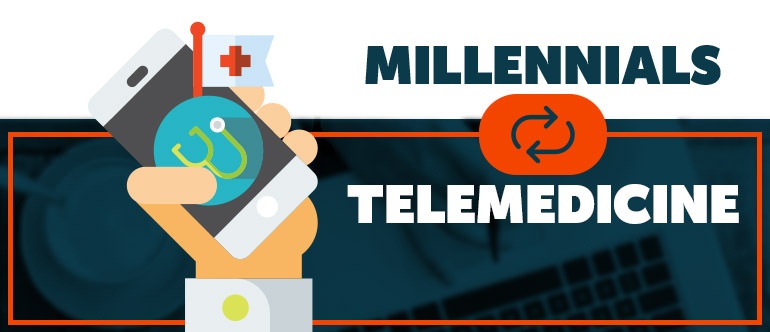The Millennial Mind: Understanding Their Healthcare Needs and Wants
Years ago, going to the doctor was a fairly straightforward process. An ill individual would schedule an appointment, go to the clinic, and see their PCP. While this still occurs, patients now have a multitude of options when it comes to healthcare. When people get sick, some google their symptoms, others search online for a provider or home remedies, some request a virtual visit, and others go to any of a growing number of urgent care facilities, retail clinics, or standalone ERs.
With so many options available to patients, it is important for any health system to understand what the newest adult patients, millennials – who are no longer relying on mom and dad for healthcare guidance – are looking for.
Historically, health systems didn’t have to spend considerable energy considering how to maintain long-term relationships with their patients, because sticking with a provider long-term was standard behavior. However, for millennials (who range in age from early-20s to mid-30s), the end goal may not be to establish a relationship with a PCP or health system.
Millennials expect convenience.
Convenience of access to care is something millennials expect and, for better or worse, may feel entitled to receive. They do not want to spend their time commuting to a clinic or urgent care only to sit in the waiting room for hours, just for a ten-minute visit. Telehealth holds inherent appeal to anyone who prioritizes convenience and certainly speaks to many millennials as evidenced by this data:
Technology is a millennial’s friend.
With so many smartphone users in the U.S., particularly millennials, it is important to be mindful of incorporating a mobile-first approach into your marketing strategy.
Considering the prevalence of smartphone usage in this demographic, it is not surprising that this technology would also be used to seek healthcare. As a matter of fact, Accenture reported their projections for 2019 that state 66% of U.S. health systems will provide online scheduling and 64% of patients will make appointments online.
Millennials are brand loyal and influential.
Millennials may be more likely to stick with a health system long-term based on a good experience, even if this wasn’t their initial intent. With strong preferences for companies who give customers a quality experience, millennials are more brand loyal than any other generation (Greyhealth Group, The New World of Healthcare: What Millennials Want).
With 10.8 million millennial households with children, accounting for 80% of live births each year, millennials are shaping the healthcare habits and outlooks of their children, as well as other family members.
By acknowledging the concepts of convenience, comfort with technology, and brand loyalty, your health system and providers will be more prepared to relate and market to this generation, ultimately leading to more long-term patient relationships.
Avizia was acquired by Amwell in July of 2018. Information on this page refers to activities that occurred prior to the acquisition and are presented for historical context. Together we provide a comprehensive acute care offering—a full end-to-end telemedicine solution for health systems and their providers.


